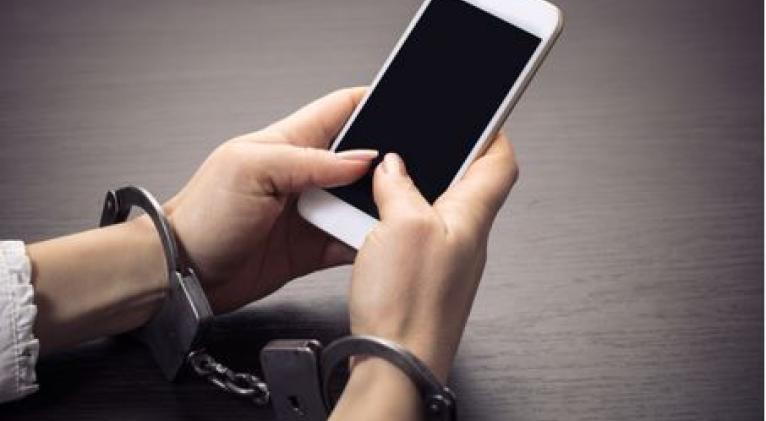Many people prefer e-mails over traditional letters with envelopes and stamps since it is faster. It is obvious that thanks to Internet, television, and video devices, we are updated on whatever it is going on worldwide. But such conveniences cannot isolate us from the world, and take us to a bubble world where secrecy prevails.
Those attached to the excessive usage of cellphones, chats, voice and text messages, social networks, and e-mails argue that there is no time to socialize as individuals are trapped by work and study duties in modern life. Thus, they have no time to engage with other people on daily basis.
Nonetheless, it is essential to communicate, and do things along with relatives and friends. Face-to-face communication is ideal, whenever possible, as speakers receive feedback not only from spoken message, but also the body language, gestures, look, face expression.
Psychologists argue that face-to-face communication transmits affective and objective qualities to us, and at the same time, subjective qualities when we witness the reaction of our message in others. The truth is that oversocialization through chats leads to the loss of valuable information transmitted by the nuances of our voice or our body.
Inappropriate cell phone use can create communication barriers both at home and at the study or work center, which is why a balance must be found.
Whoever enters into a dialogue with another individual has the possibility of persuading more easily if they are in the same place, especially when they discuss topics that are related to a way of thinking or valuing.
Person-to-person communication essence and significance cannot be replaced by any technological devices, such as smartphones.
Experts point out that technology, when used correctly, may be useful, especially in education and communication, and even bring friends and families closer. However, if misused, can lead to isolation.
And there are specialists who go even further in their assessments and argue that being “hooked on the Internet” or a device such as cell phones can act as a stimulant drug that produces physiological changes in the brain, which involve an increase in dopamine and of other neurotransmitters linked to the pleasure circuit.
Not a little, not too much, everything is a matter of balance if we know how to use the benefits of technology without overuse that leads to such a dependency that mutilates our face-to-face relationships to some extent.
 Escambray ENGLISH EDITION
Escambray ENGLISH EDITION







Escambray reserves the right to publish comments.